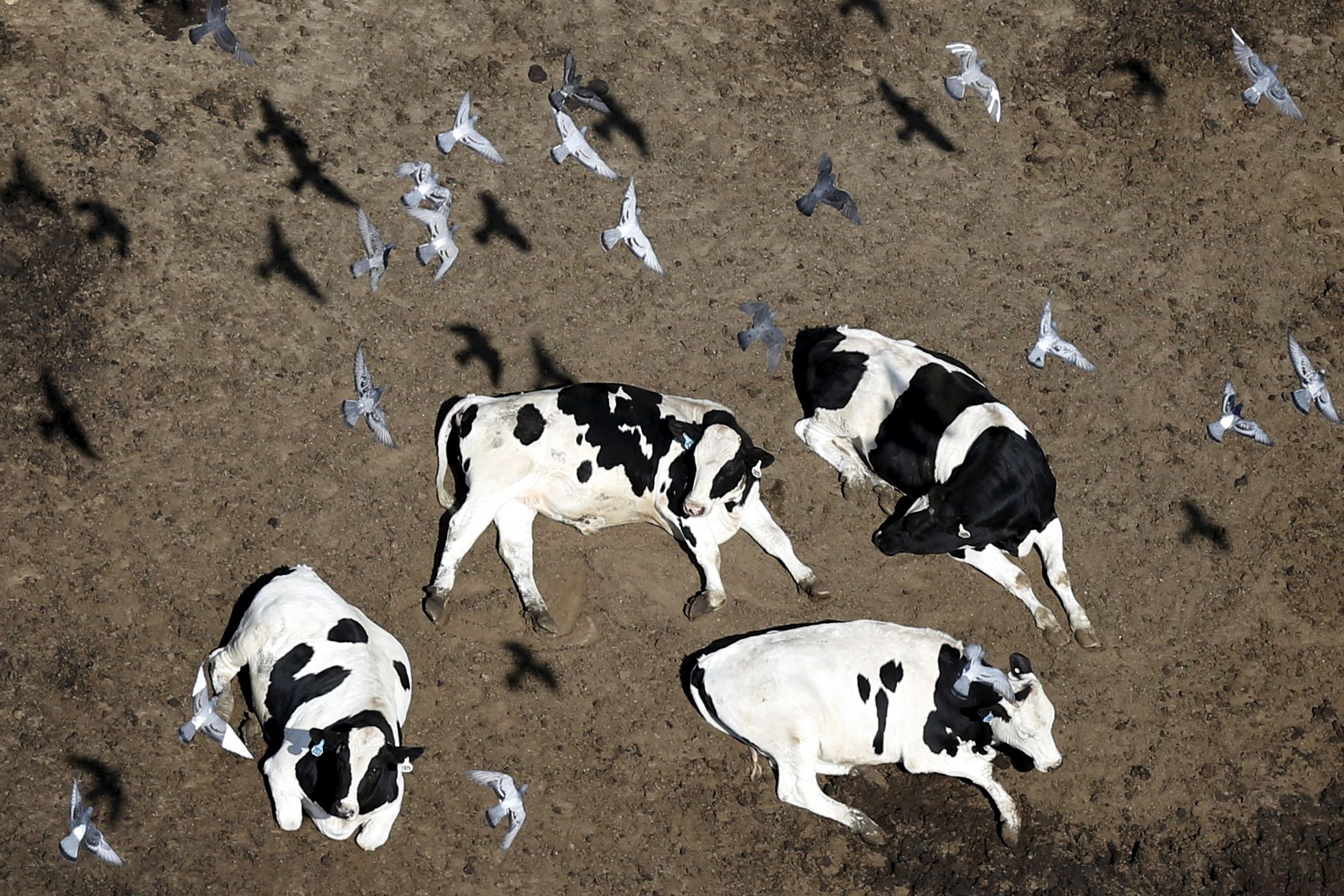
You may want to talk with your child about climate change. His or her teacher may be among the 1 in 3 American middle school and high school teachers bringing climate change denial into the classroom.
Fewer than half of U.S. adults—the lowest percentage among 20 nations polled in 2014—agree with the 95 percent of climate scientists who attribute recent global warming to human causes. The first nationwide survey of climate change education set out to see if there was hope for today's students, who will grow up in a world shaped by climate change. Policy directors from the National Center for Science Education and researchers from the nonpartisan Penn State Survey Research Center who conducted the study were not reassured. Instead, the answers shocked them.
It's unlikely a student would miss out on climate change teaching altogether, a paper on the survey that will appear in the February 12 issue of Science shows. Only 3 to 4 percent of students receive no teaching on the subject. The sort-of good news ends there, because what those who are taught about climate change receive—and the amount they receive—is shaky at best. The survey grilled 1,500 public middle and high school science teachers across all 50 U.S. states; they are representative of America's 175,000 science teachers in terms of school size, student socioeconomic status and community economic and political characteristics.
Although most students will hear something about climate change in a science class, the average teacher devotes only one to two hours to the topic per year. Nearly one-third of teachers emphasize that recent global warming is likely due to natural causes—and tell their students that many scientists say the same thing. The researchers speculate that some teachers may wish to teach "both sides" out of respect for the individual values and opinions their students bring to the classroom.
Half of the surveyed teachers have allowed the students to discuss the supposed "controversy" over climate change without guiding students to the scientifically supported conclusion. Three of five surveyed teachers admit to being unaware of, or actively misinformed about, the near total consensus among scientists that climate change is man-made. Even among teachers who agree that human activities are mainly to blame for climate change, only just over half could name the percentage of scientists (81 to 100 percent) who share their view.
This came as the biggest shock to Eric Plutzer, a professor of political science at Penn State, who designed and implemented the survey. "This is very different from evolution, for example, where even those who reject the scientific consensus know that scientists have accepted natural selection as the principle explanation for the diversity of species," he says.
Minda Berbeco, the programs and policy director at the National Center for Science Education, acknowledges that there's a general lack of professional development training available for teachers to keep up with rapid advances in climate science. "We hear often that they don't have enough time to prepare either. This is something that both administrators and community members could help them with, if they are teaching about climate change or anything else," Berbeco says.
Plutzer suggests systemic changes to the way the country educates and prepares its teachers. "Colleges that educate science teachers can modify their courses so that all future science teachers get sound background; states and districts can implement specific and cumulative learning goals for students; teachers can be supported to receive professional development on both the content and pedagogy of climate change,"
Once they have a classroom, teachers should work climate science into their curricula in a more holistic manner, says Berbeco.
"Some teachers think that there is an expectation that they drop everything to teach climate change, but what we find most successful is when teachers integrate climate change into what they are already teaching. Whether they are teaching about energy or ecosystems or the carbon cycle or even health, climate change fits into all of those topics," Berbeco says. She recommends locating vetted teacher resources from organizations such as the Climate Literacy and Energy Awareness Network, or CLEAN.
Plutzer says, "When today's students grow up, they will live in a world shaped by climate change, and, as citizens, they will need to make choices concerning national policies, local mitigation efforts and so on. It will be critical for them to be informed when considering such things as a carbon tax. That debate will be more democratic if more citizens are informed on the science."
Uncommon Knowledge
Newsweek is committed to challenging conventional wisdom and finding connections in the search for common ground.
Newsweek is committed to challenging conventional wisdom and finding connections in the search for common ground.
About the writer
To read how Newsweek uses AI as a newsroom tool, Click here.








